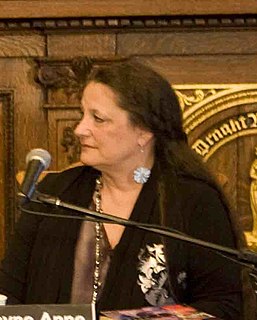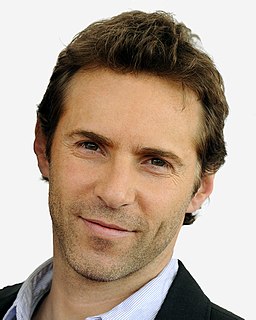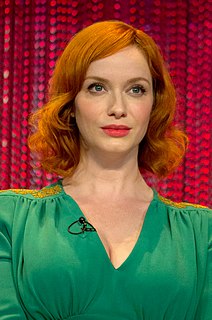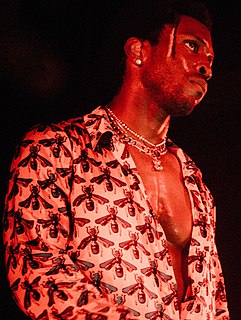A Quote by Jayne Anne Phillips
Character and story are suggested by the voice in the words themselves.
Related Quotes
In fiction the narrator is a performance of voice, and it can be any style of voice, but I'm interested in the ways that a voice that knows it's telling a story is actually telling a different story than it intends to. In the way that I can sit here and tell you what I had for breakfast, but I'm really telling you that I'm having an affair, something like that. And I don't think my writing is plain, but I think a lot of my characters are just talking. There is vulnerability there, in that we can start to see through them, we can start to see where they're deceiving themselves.
On the last drafts, I focus on the words themselves, including the rub of vowels and consonants, stressed and unstressed syllables. Yet even at this stage I'm often surprised. A different ending or a new character shows up and I'm back to where I began, letting the story happen, just trying to stay out of the way.
If you examine the highest poetry in the light of common sense, you can only say that it is rubbish; and in actual fact you cannot so examine it at all, because there is something in poetry which is not in the words themselves, which is not in the images suggested by the words 'O windy star blown sideways up the sky!' True poetry is itself a magic spell which is a key to the ineffable.
As to the "traditional filler of twenty-first century realist fiction," maybe that is something I avoid. I don't relate to standard psychologizing in novels. I don't really believe that the backstory is the story you need. And I don't believe it's more like life to get it - the buildup of "character" through psychological and family history, the whole idea of "knowing what the character wants." People in real life so often do not know what they want. People trick themselves, lie to themselves, fool themselves. It's called survival, and self-mythology.






































